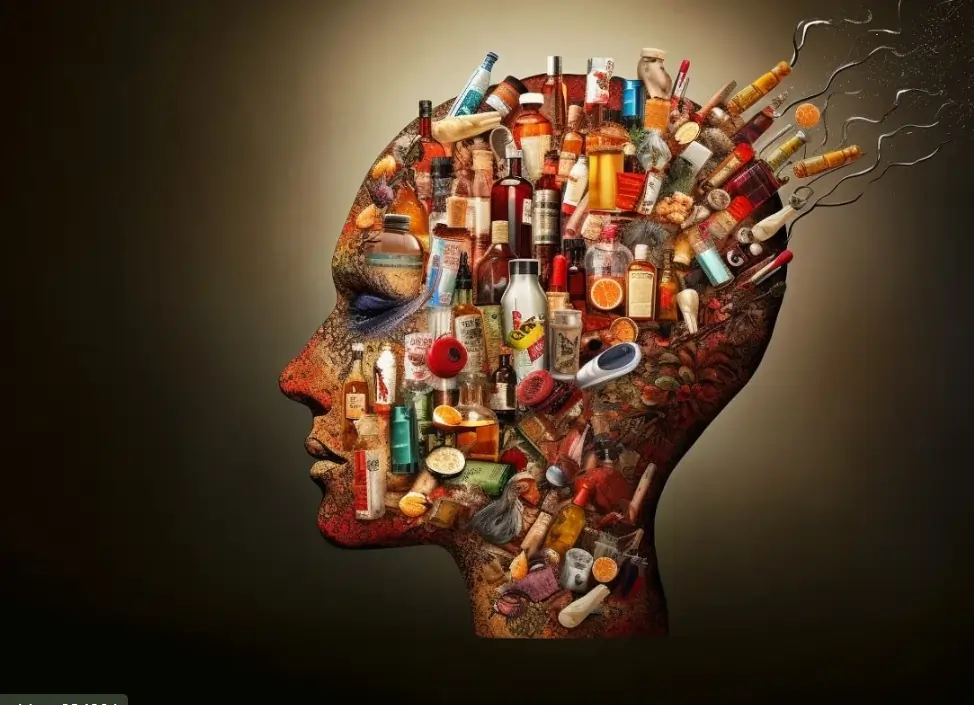Alcohol use disorder (AUD) is a complex condition that affects people from all walks of life. Understanding its causes can provide insight into why it develops and how to address it effectively.
Here are 15 common causes of Alcohol use disorder.
1. Genetic Predisposition
Genetics plays a significant role in the development of AUD. If you have a family history of alcoholism, you may be more likely to develop the disorder. Studies have shown that genetic factors can account for about half of the risk for AUD.
2. Environmental Influences
Your environment, including your upbringing and social surroundings, can impact your likelihood of developing AUD. Growing up in a household where alcohol is heavily consumed or having friends who drink excessively can increase your risk.
3. Mental Health Disorders
Many individuals with AUD also suffer from mental health disorders such as depression, anxiety, or bipolar disorder. Alcohol is often used as a coping mechanism to manage symptoms, which can lead to dependency.
4. Stress and Trauma
Experiencing high levels of stress or traumatic events can contribute to the development of AUD. People may turn to alcohol to numb their emotions or escape from difficult situations.
5. Social Pressure
Peer pressure, especially during adolescence and young adulthood, can lead to excessive drinking and the development of AUD. Social situations that glorify alcohol consumption can also contribute to risky drinking behaviors.
6. Early Exposure to Alcohol
Starting to drink at a young age increases the risk of developing AUD later in life. Early exposure can interfere with brain development and establish unhealthy drinking patterns.
7. Chronic Pain or Medical Conditions
People with chronic pain or medical conditions may use alcohol to alleviate discomfort. Over time, this self-medication can lead to dependency and AUD.
8. Cultural Norms and Attitudes
Cultural attitudes towards drinking can influence the likelihood of developing AUD. In cultures where drinking is a significant part of social rituals or celebrations, there may be a higher prevalence of alcohol-related problems.
9. Family Dynamics
Dysfunctional family dynamics, such as neglect, abuse, or a lack of emotional support, can increase the risk of AUD. Individuals may use alcohol to cope with unresolved family issues.
10. Accessibility of Alcohol
Easy access to alcohol can contribute to the development of AUD. When alcohol is readily available, individuals may be more likely to consume it excessively.
11. Personality Traits
Certain personality traits can increase the risk of developing AUD. These traits can lead to risky drinking behaviors and difficulty controlling alcohol consumption.
12. Coping Mechanism
Using alcohol as a coping mechanism to deal with life's challenges is a common cause of AUD. Individuals who rely on alcohol to manage stress, anxiety, or other emotional issues are at a higher risk of developing dependency.
13. Genetic Variations
Some people may have genetic variations that affect how their bodies process alcohol. These variations can influence their tolerance and risk for developing AUD.
14. Lack of Education
A lack of education about the risks and consequences of alcohol use can contribute to the development of AUD. Misunderstanding the dangers of excessive drinking can lead to unhealthy habits and dependency.
15. Co-occurring Substance Use
Using other substances, such as drugs, alongside alcohol can increase the risk of AUD. Polysubstance use can amplify the effects of alcohol and lead to more severe addiction issues.
Understanding these common causes of alcohol use disorder can help you recognize the factors that may contribute to its development.
If you or someone you know is struggling with AUD, seeking professional help and support support is crucial. By addressing the underlying causes and implementing effective treatment strategies, recovery is possible.
















Comments are closed